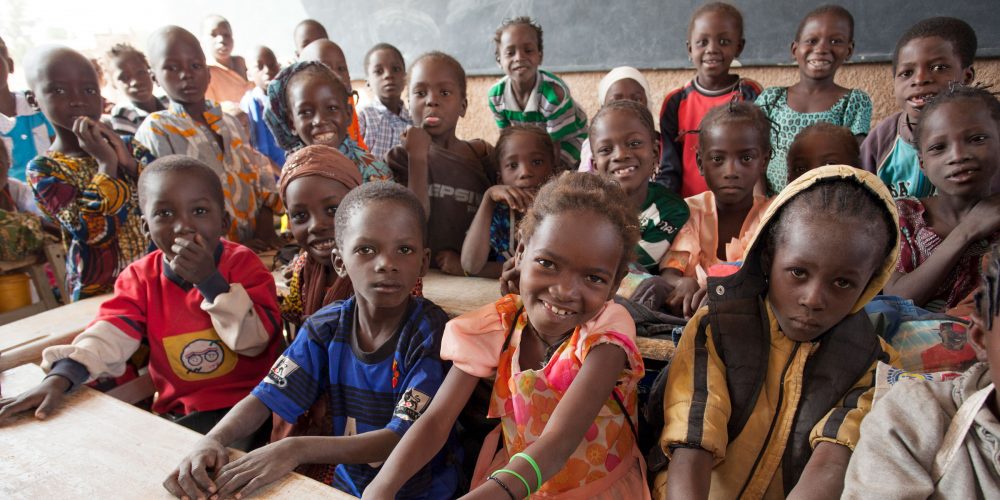Girls’ Education Programme
Educating girls specifically has enormous and far-reaching benefits, as evidence shows. It reduces rates of child marriage, promotes healthier and smaller families, improves wages and jobs for women, and empowers women to become leaders at community and government levels.
Yet around the world, 263 million children are still out of school, and twice as many girls as boys will never even start school.
We work across 54 countries to ensure that children receive the quality education that is their right. In countries where girls are denied an education through risk of violence or child marriage, we set up girls’ clubs and school committees so that girls can demand their right to education, free from abuse.
Education helps girls break out of the cycle of poverty
There is no dispute about the benefits of education, especially for girls.
- A child born to a literate mother is 50 per cent less likely to die before the age of five.
- Every extra year of education is estimated to increase a girl’s earning power by 10 to 20 per cent.
- Girls who have completed seven years of education will marry on average five years later than uneducated girls.
We work with parents, teachers, children, civil society organisations and local authorities to make sure children have essentials like desks, books, food, drinking water and toilets at school.
We ensure that girls’ specific needs around access to sanitary towels and advice on sexual reproductive health are met so that they are able to go to school and stay there.


